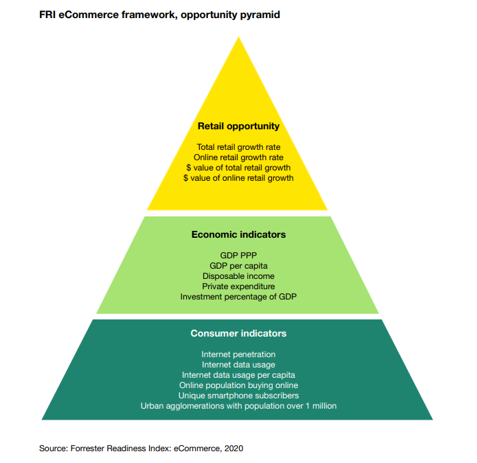
Nike, Macy’s and Vineyard Vines are just a few of the companies currently offering decent deals online, to try to stir up some sales as their stores sit dark.
Many retailers are also throwing in free shipping — if they did not already offer it — and extending the window of time you have to make a return, in the midst of the coronavirus pandemic.
But even with a 25% or 30% coupon sitting in their email inboxes, most consumers are not looking for a new pair of shoes right now. The uncertainty surrounding the coronavirus has prompted many to tighten their wallets. Spending has rapidly shifted to staple items such as groceries and household cleaning supplies, away from apparel and accessories.
Some shoppers are likely also pulling back because they are concerned about keeping a steady paycheck. The unemployment rate in the U.S. is expected to spike, as job cuts mount. Goldman Sachs economists have forecast a historically sharp and swift recession, with second-quarter GDP sinking a stunning 24%, following a 6% decline in the first quarter.
“You can discount in a demand-weak environment, but it doesn’t matter,” said Neil Saunders, managing director of GlobalData retail.
Still, businesses are trying.
An apparel retailer known for its preppy clothing, Vineyard Vines, has been offering a 30% discount sitewide for its spring garb.
Nike sent a 25% sitewide discount code out via email.
A banner on Macy’s website reads, “Relax, recharge & WFH,” or work from home. It is offering free shipping on purchases of at least $25, for everyone. It is also offering free shipping with $25 beauty purchases. These deals are normally reserved for its loyalty members.
American Eagle‘s Aerie is offering free returns “for a limited time” and is giving shoppers 40% to 60% off bras and underwear online.
Makeup retailer Sephora has extended its return policy for recent in-store purchases, to 30 days after its stores reopen. It has extended its online return policy to 60 days.
“I am assuming this lasts for months,” Stacey Wilditz, president of retail consulting firm SW Retail Advisors, said in an interview. “Easter. Mother’s Day. Graduations. … All these spring holidays. It’s not happening.”
“Right off the bat you are talking about a 70%, 80% … definitely over 50% hit to sales,” she said, for companies that sell discretionary items such as clothing, footwear, handbags and jewelry.
Fitness chain SoulCycle, which has shut all of its spin studios across the country, is offering deals for up to 75% off certain workout gear on its website. It hopes its retail business can drive at least some revenue, as it won’t be making any from instructing classes.
Clearly, companies will not be making up that lost business online overnight. Roughly 90% of retail sales in the U.S. are made in bricks-and-mortar stores.
Meantime, while these deals might be good news for the shoppers who are looking to splurge a little as they are stuck working remotely for the foreseeable future, promotions weigh on profits.
Heavy promotions during March and into April are also a bit outside of the norm. Discounting is a tactic typically deployed by retailers around the holidays — when the industry is more competitive on pricing — and then in January to move through any unsold holiday merchandise.
But right now, many of these companies selling discretionary goods have no other choice, as they try to move through unsold inventory and drive at least some sales while stores are shuttered.
The closures, which CNBC has been tracking, are an attempt to help halt the spread of COVID-19. Some stores closed on their own, while others have been closed by states ordering residents to stay at home except to go out for food or to the doctor.
“I think retailers are just doing whatever they can to keep the business moving,” Saunders said. “Pricing discipline has just been thrown out the window.”
“Retailers have gone from operating a sound business to survival mode,” he said. “Everyone is just looking to make sales. And discounting is the easiest way to try to stimulate activity.”
One analyst has already estimated that, with COVID-19, 2020 could mark a record year for permanent retail store closures, which could mount to over 15,000. As they worry about paying rent, retailers will also have to make tough calls about what to do with all of their workers. Fast-fashion chain H&M said Monday it could temporarily lay off tens of thousands of people globally.
A slew of companies including Macy’s, Nordstrom, Kohl’s and J.C. Penney have also withdrawn their earnings outlooks. Many retailers, including Ulta, TJ Maxx owner TJX and Signet Jewelers, are tapping credit lines to come up with cash.
“It is going to be very hard to sell things at full price,” said Sarah Wyeth, head of S&P Global Ratings’ Retail and Restaurants division.

